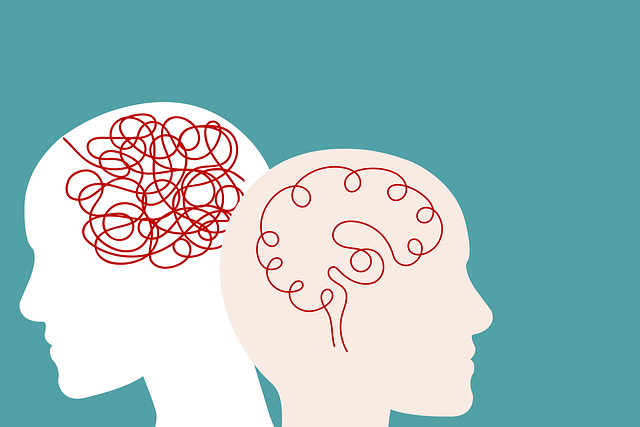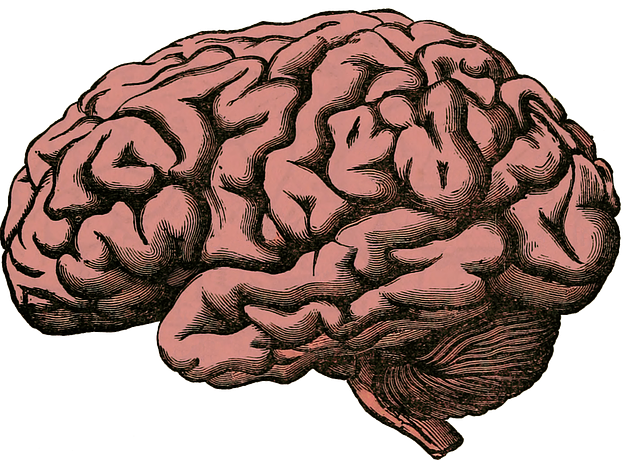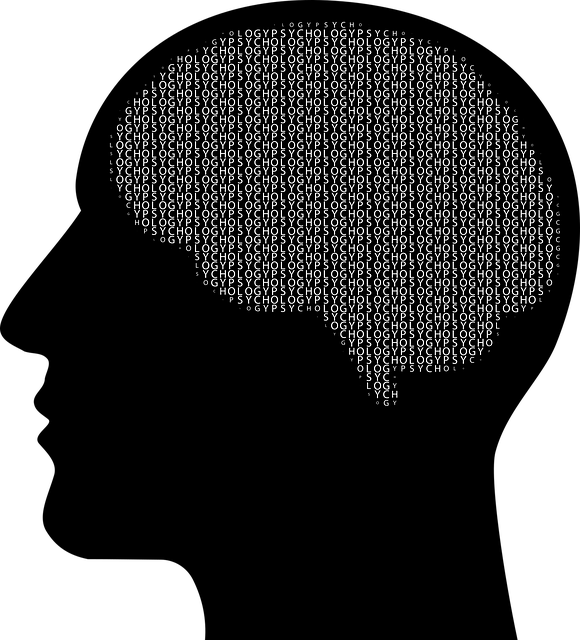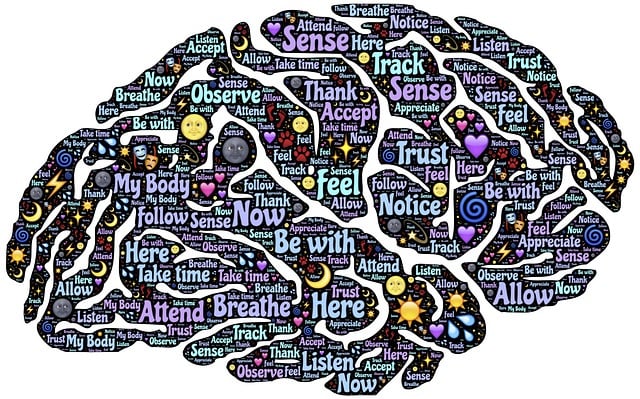Northglenn Geriatrics Therapy emphasizes early depression recognition through identifying subtle signs and offers a holistic approach using self-awareness exercises, conflict resolution, education, and stress management. They focus on the interconnectedness of physical and emotional health, fostering connection, self-awareness, and resilience through strategies like mindfulness practices and regular risk assessments. Adopting healthier lifestyles—including exercise, balanced nutrition, consistent sleep, and mindfulness—is crucial for mood management and prevention. Evidence-based treatments like CBT and integrative therapies, coupled with building robust support networks, empower individuals to proactively manage depression and improve overall mental well-being.
Depression is a prevalent yet manageable condition. This article explores comprehensive strategies to prevent and combat depression, offering insights into various approaches for well-being. From recognizing telltale signs to implementing evidence-based therapies, we delve into effective methods. We highlight the transformative power of Northglenn Geriatrics Therapy, emphasizing its holistic approach. Additionally, lifestyle changes, building support networks, and evidence-backed treatments are explored as powerful tools in the quest for mental resilience and prevention.
- Understanding Depression: Recognizing the Signs and Symptoms
- Northglenn Geriatrics Therapy: A Holistic Approach to Mental Well-being
- Lifestyle Changes for Improved Mood and Prevention
- Evidence-Based Therapies for Depression Management
- Building a Support Network: Social Connections as a Protective Factor
Understanding Depression: Recognizing the Signs and Symptoms

Depression is a complex mental health disorder that can affect individuals from all walks of life. Recognizing the signs and symptoms early on is crucial for effective prevention and treatment. At Northglenn Geriatrics Therapy, we understand that depression often presents itself in subtle ways, which can make it challenging to identify. Common indicators include persistent feelings of sadness or hopelessness, significant changes in appetite or sleep patterns, loss of interest in activities once enjoyed, fatigue, difficulty concentrating, and recurrent thoughts of death or suicide.
Promoting self-awareness exercises, conflict resolution techniques, and mental health education programs designed for prevention can play a vital role in combating depression. Encouraging open dialogue about emotions, teaching effective coping strategies, and providing resources for stress management are essential components of a holistic approach to mental well-being. By fostering a supportive environment and equipping individuals with the right tools, Northglenn Geriatrics Therapy aims to empower people to recognize and address signs of depression early, thereby enhancing their overall quality of life.
Northglenn Geriatrics Therapy: A Holistic Approach to Mental Well-being

Northglenn Geriatrics Therapy offers a holistic approach to mental well-being, focusing on the interconnectedness of physical and emotional health. This comprehensive strategy incorporates various techniques such as empathy building strategies, mental wellness journaling exercises, and regular risk assessment for mental health professionals. By addressing all aspects of an individual’s life, this therapy aims to prevent depression by fostering a deep sense of connection, self-awareness, and resilience. The gentle yet powerful methods employed here cater to the unique needs of each client, promoting long-term mental wellness in a supportive environment.
Lifestyle Changes for Improved Mood and Prevention

Adopting a healthier lifestyle can significantly impact mood regulation and depression prevention. Northglenn Geriatrics Therapy emphasizes that regular exercise, balanced nutrition, and sufficient sleep are powerful tools to support mental health. Engaging in physical activity releases endorphins, which act as natural mood boosters, while also improving overall well-being and self-esteem. A diet rich in essential nutrients ensures the brain receives the fuel it needs to function optimally, potentially reducing symptoms of depression. Moreover, establishing a consistent sleep routine allows for adequate rest, enabling better stress management and emotional resilience.
Incorporating mindfulness practices, such as meditation or yoga, can further strengthen an individual’s inner strength development. These techniques promote mental clarity, enhance mental health awareness, and foster empathy building strategies, all of which contribute to a more positive outlook. By prioritizing these lifestyle changes, individuals can proactively manage their mood and reduce the risk of depressive episodes, ultimately leading to improved overall mental health.
Evidence-Based Therapies for Depression Management

In the battle against depression, evidence-based therapies have proven to be powerful tools for management and recovery. Northglenn Geriatrics Therapy offers a range of effective approaches, tailored to meet individual needs. Cognitive Behavioral Therapy (CBT), a widely recognized method, focuses on identifying and changing negative thought patterns and behaviors that contribute to depressive episodes. By teaching individuals coping strategies and challenging distorted beliefs, CBT empowers them to manage symptoms and prevent relapse.
Additionally, Integrative or Holistic Therapies, often combined with self-care practices such as Mindfulness Meditation, have gained traction in recent years. These therapies address the mind-body connection, encouraging patients to cultivate mental health awareness and adopt healthy habits. Regular meditation sessions, for instance, can enhance emotional resilience, reduce stress, and improve overall well-being, making it a valuable tool in preventing and managing depression alongside professional therapy.
Building a Support Network: Social Connections as a Protective Factor

Building a strong support network is a vital component of depression prevention strategies, particularly for individuals in Northglenn Geriatrics Therapy settings. Social connections act as a protective factor against depressive episodes by providing emotional and practical support. Connecting with others who understand and care can help alleviate feelings of isolation and loneliness, which are significant risk factors for depression.
Through social interactions, whether it’s joining support groups, participating in community activities, or simply spending time with friends and family, individuals can engage in emotional well-being promotion techniques that foster a sense of belonging and purpose. Public awareness campaigns development around mental health also plays a crucial role in normalizing conversations about depression and anxiety relief, further emphasizing the importance of strong social connections for overall mental health.
Depression is a complex condition, but with the right strategies, prevention and management are achievable. By understanding depression’s signs and symptoms, adopting healthy lifestyle changes, exploring evidence-based therapies, and building a robust support network, individuals can significantly reduce their risk. Northglenn Geriatrics Therapy offers a holistic approach, combining various treatments to address mental health holistically. Remember that fostering social connections and seeking professional help when needed are key protective factors in preventing depression.














